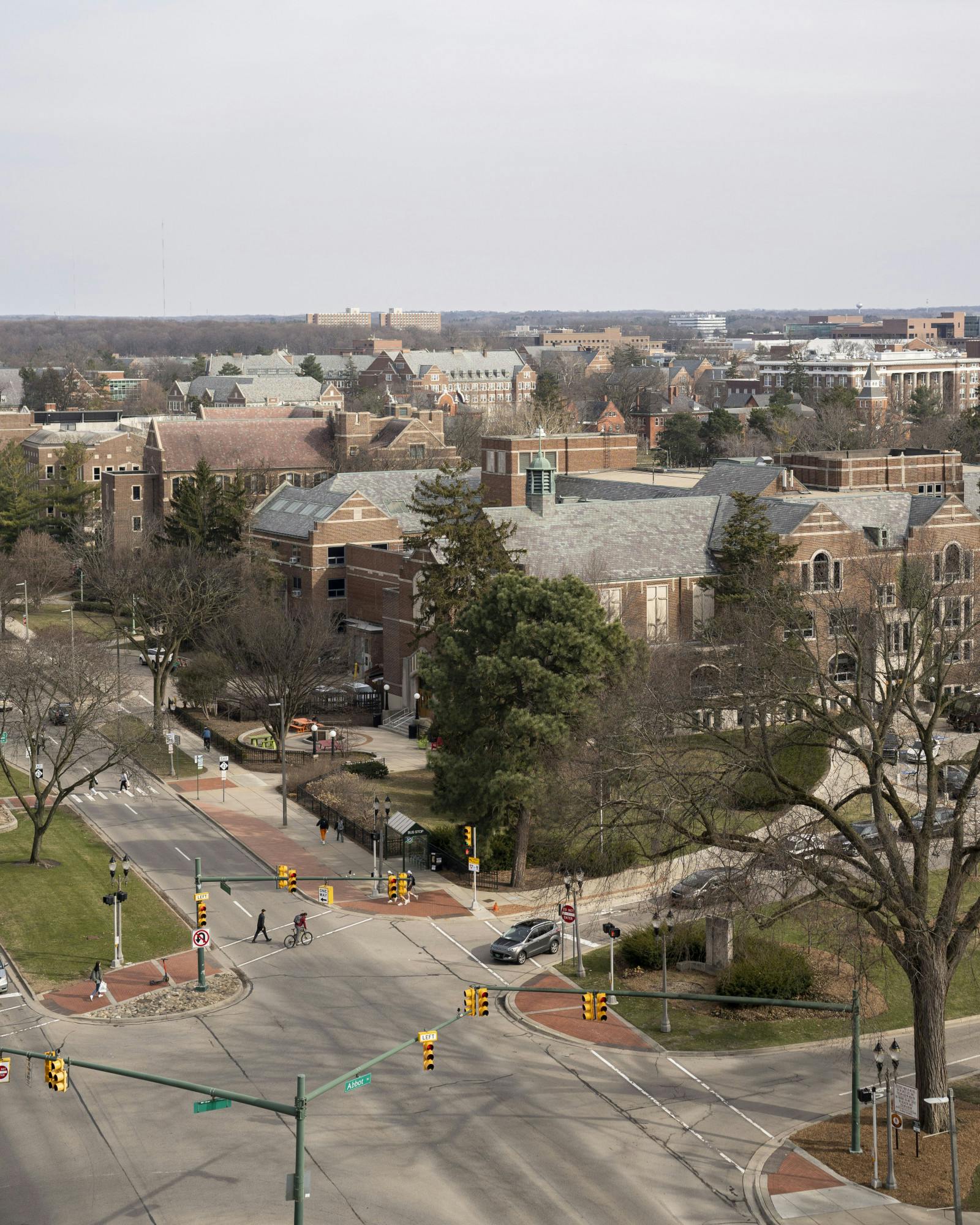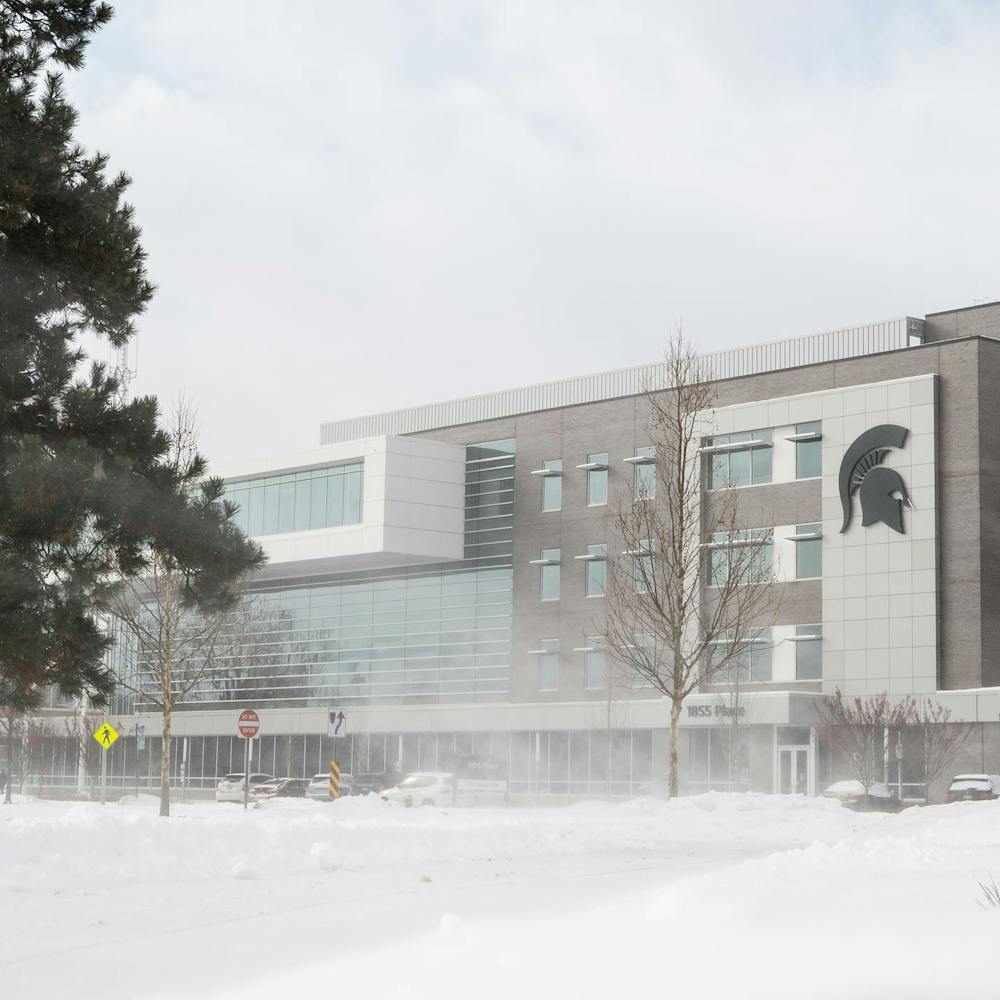There is typically one vision of the academic college experience: Students will take classes for four years, receive an undergraduate degree and secure a job in their respective field.
However for some students, the journey to finding what they want to do for the rest of their life is less conventional.
Neuroscience senior Sierra Perez began at Michigan State University with a clear idea of what she wanted to do post-graduation. Now her plans look much different.
“I started at MSU as a human biology major with a very serious interest in being a physician assistant,” Perez said. “As I kept doing things and learning more about the neuroscience program, I ended up changing my major to neuroscience.”
After Perez changed her major, she learned about an MSU dual degree program where she could work towards a bachelor’s and master’s degree at the same time. Perez applied and was one of the few applicants accepted.
“As I kept doing epidemiological work, I realized my interest in helping individuals and patient lives is more focused on helping people understand what's going on, not doing the research and a bunch of statistical work,” Perez said.
Ready to explore the public health field, Perez applied to Emory University’s and University of Michigan’s graduate schools. She was accepted to both.
Perez said studying neuroscience was an experience that will set her apart from other candidates in her field. Though she won’t be going into the neuroscience field, studying this was part of the process of finding what she would truly enjoy doing for the rest of her life.
“I can use my interest of intense science for just communicating with people and help bridge the gap between medical professionals and the public,” Perez said.
Other students choose to pursue post-graduation plans different from their area of study because they find it difficult to secure a job.
Economics senior Brenden Watson will join the army for cyber operations after graduation. Low-paying jobs dissuaded him from pursuing an economics job post-graduation.
“When I was applying for economics jobs, it was kind of aimless jobs,” Watson said. “Expensive cities are where most of the jobs were, and they weren't paying very much.”
Watson said before he studied economics, he didn’t know he would likely need a graduate degree to secure a well-paying job in the field. However, he said he does not regret getting his degree in economics.
“I still appreciate the knowledge,” Watson said. “Economics is super important to know because there's a lot of misinformation around economic policies.”
Human biology senior Christina Cattivera is getting her master’s in social work after finishing her degree. Her decision was prompted by the changing academic environment of the pandemic.
“I had originally planned on going to medical school,” Cattivera said. “But then the pandemic and everything made academics harder. I feel like the whole field of medicine and health care has really changed, and it wasn't a path I think I wanted to follow anymore.”
Cattivera said it wasn’t a difficult process to switch paths, and that a lot of people believe that their major and job must correlate.
“I don't think anybody really tells you that you can do different things,” Cattivera said. “There's plenty of opportunities, having college education is beneficial regardless, and I think a lot of people either forget about that or never were told.”
This story was featured in our graduation edition. Read the full issue here.
Support student media!
Please consider donating to The State News and help fund the future of journalism.
Discussion
Share and discuss “'I still appreciate the knowledge': Students choose not to use their degrees post-graduation” on social media.








